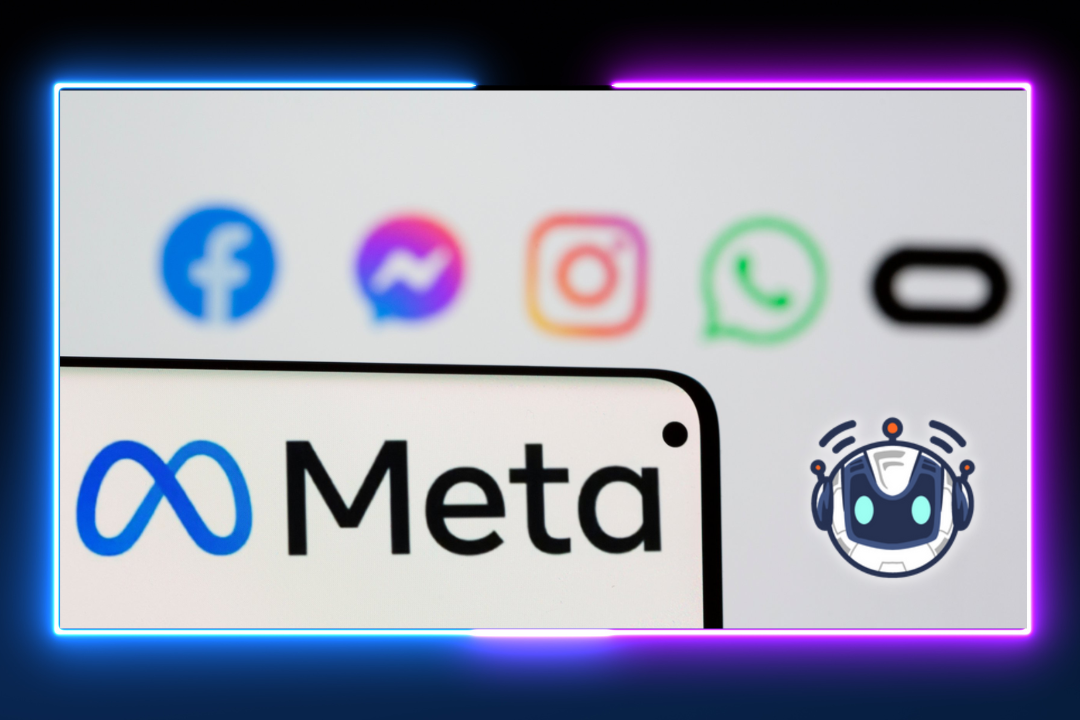5 Times Meta Was Its Own Worst Enemy in 2022
The Metaverse is an enigma that has captured our imaginations and our attention in the past few years, but it will be five times its own worst enemy in 2022. As more and more people use this revolutionary concept to communicate, build communities, and explore new realms, it will be more important than ever to protect it from the threats it faces. Here are a few ways to ensure that your favorite metaverse is protected and strong in the future.
Facebook community standards protect its diversified community from imminent dangers
The latest crop of community standards from Facebook may be a step in the right direction, but it is also a step in the wrong direction. There is no doubt that social media giant has a vested interest in limiting the content on its platform, but there is a clear and present danger in a centralized social media hub where the rules of the game are strictly enforced. As such, it is essential that Facebook executives take the time to consider the big picture. One way to accomplish this is to make sure that there is no single monopoly on determining the standards to be applied to the site.
Facebook has a vested interest in protecting its diversified user base from the ravages of hate and extremism. To this end, it is necessary to limit the amount of content that is shared among its community. That is not to say that the company should be content with simply removing the aforementioned posts, but it should consider other measures, such as moderating them at an appropriate pace.
Facebook’s centralized nature undermines utopian metaverse
When Facebook announced its parent company was changing to Meta, speculation quickly began about the new company’s vision for the future. The idea is to develop an immersive virtual world.
It is a simulated environment with three simulated dimensions, where users can interact in avatar form. They can buy and sell nonfungible tokens (NFTs), watch videos, and even attend virtual events. Besides being a virtual reality, it is a social platform with the potential to abolish trolling and harassment.
Aside from the technological implications, the metaverse is also likely to have social, economic, and political implications. One of the biggest concerns is the privacy of its users. This may be a problem if the platform’s growth outpaces the ability to censor and ban information. Another concern is the company’s monopolistic tendencies.
Currently, the metaverse is a centralized entity, with a user base of 3 billion people. Unlike other decentralized projects, it is not clear how the company will interact with its competitors.
Web3 will build open metaverses with or without Apple’s permission
Web3 is a technology which aims to revolutionize the internet. It is a decentralized system which offers security and interoperability. The technology is based on advancements made in blockchain systems.
The term “metaverse” refers to a shared virtual reality space. Users interact in real time. In the future, different types of virtual environments may be created. Some are open, while others are closed.
Tech giants are trying to replicate the Metaverse. However, they’re not going to abandon their current revenue-generating business models. They might incorporate NFTs at some point.
There are no clear details as to what Apple will do with Web3. Experts have suggested that it will launch a product at a base price of about $3000. This could be an opportunity for Apple to disrupt the digital universe.
Apple has not received as much criticism from the Web3 sector. Nevertheless, the company has a lot of assets to work with. For example, it has 1.8 billion active devices globally.
